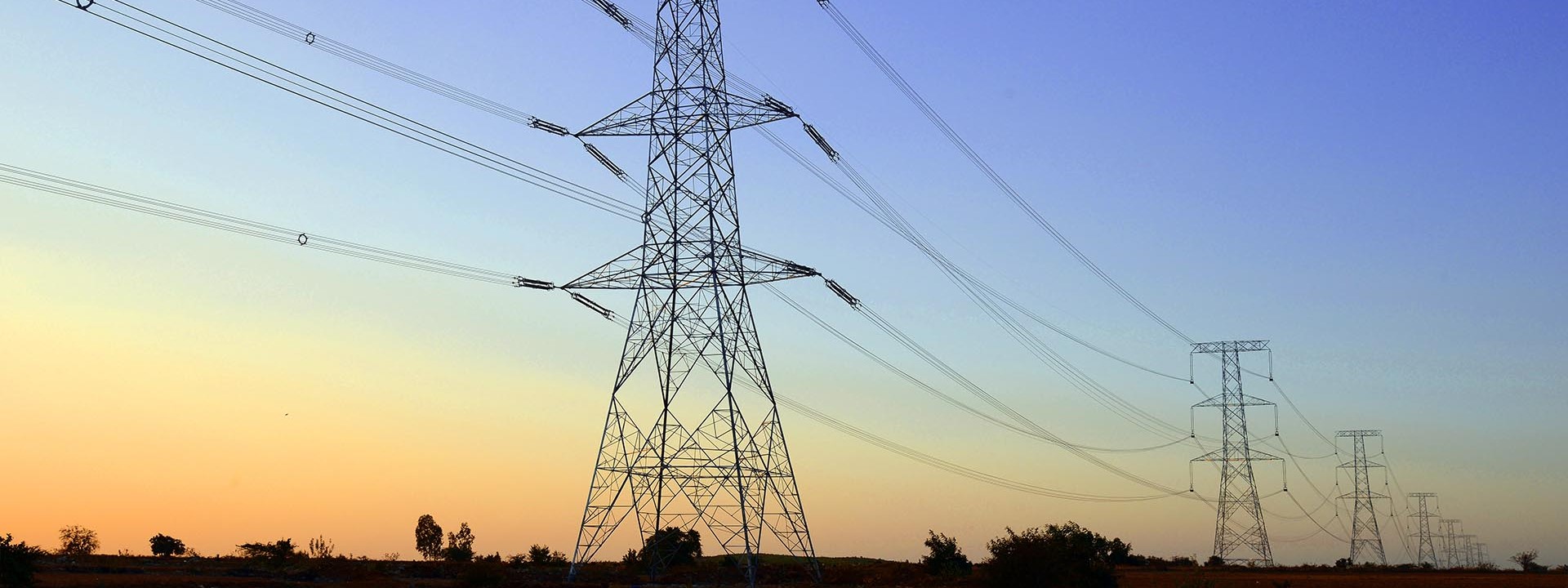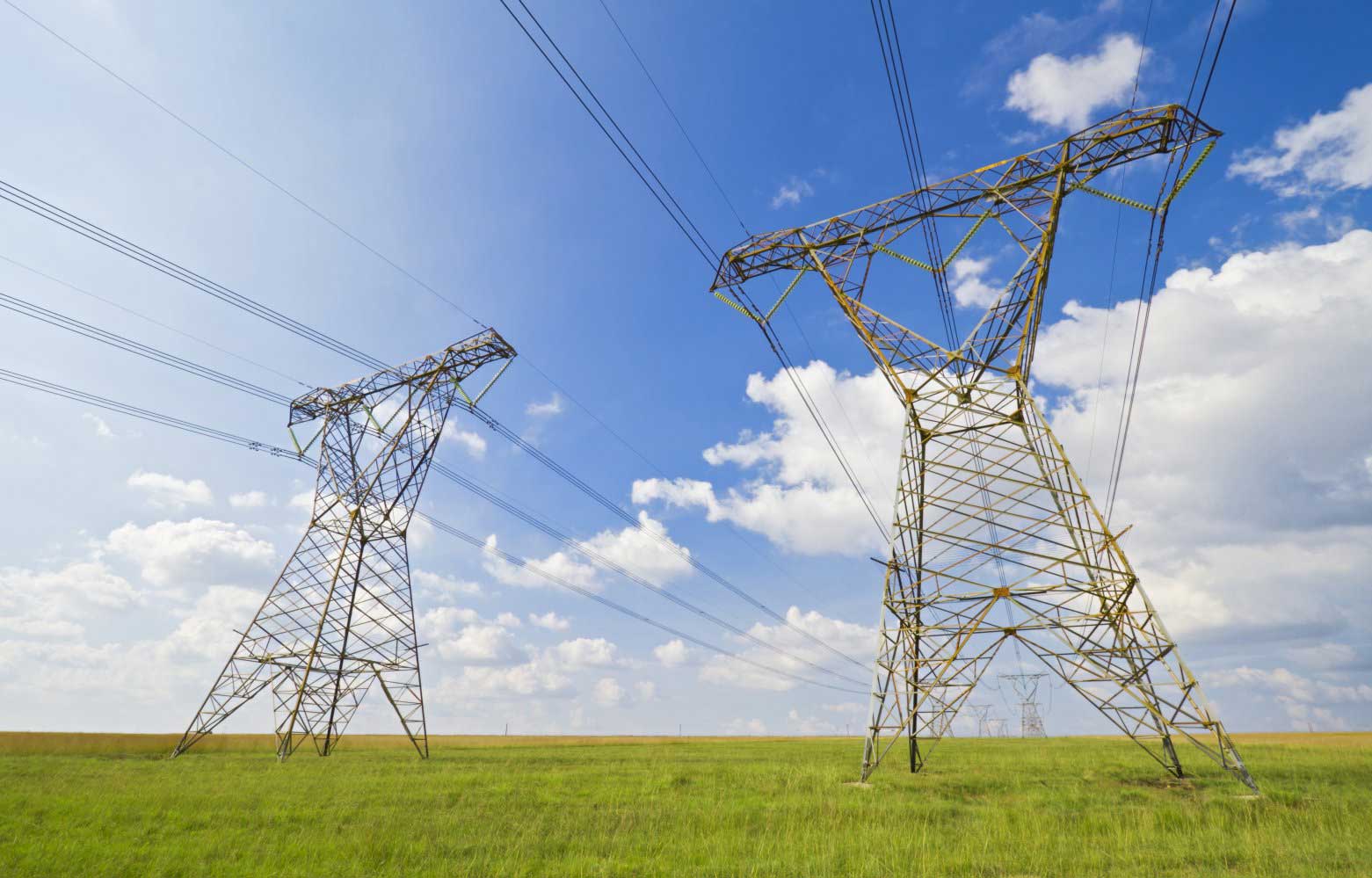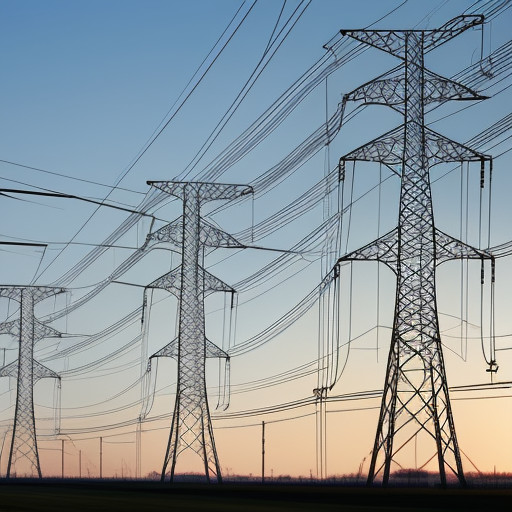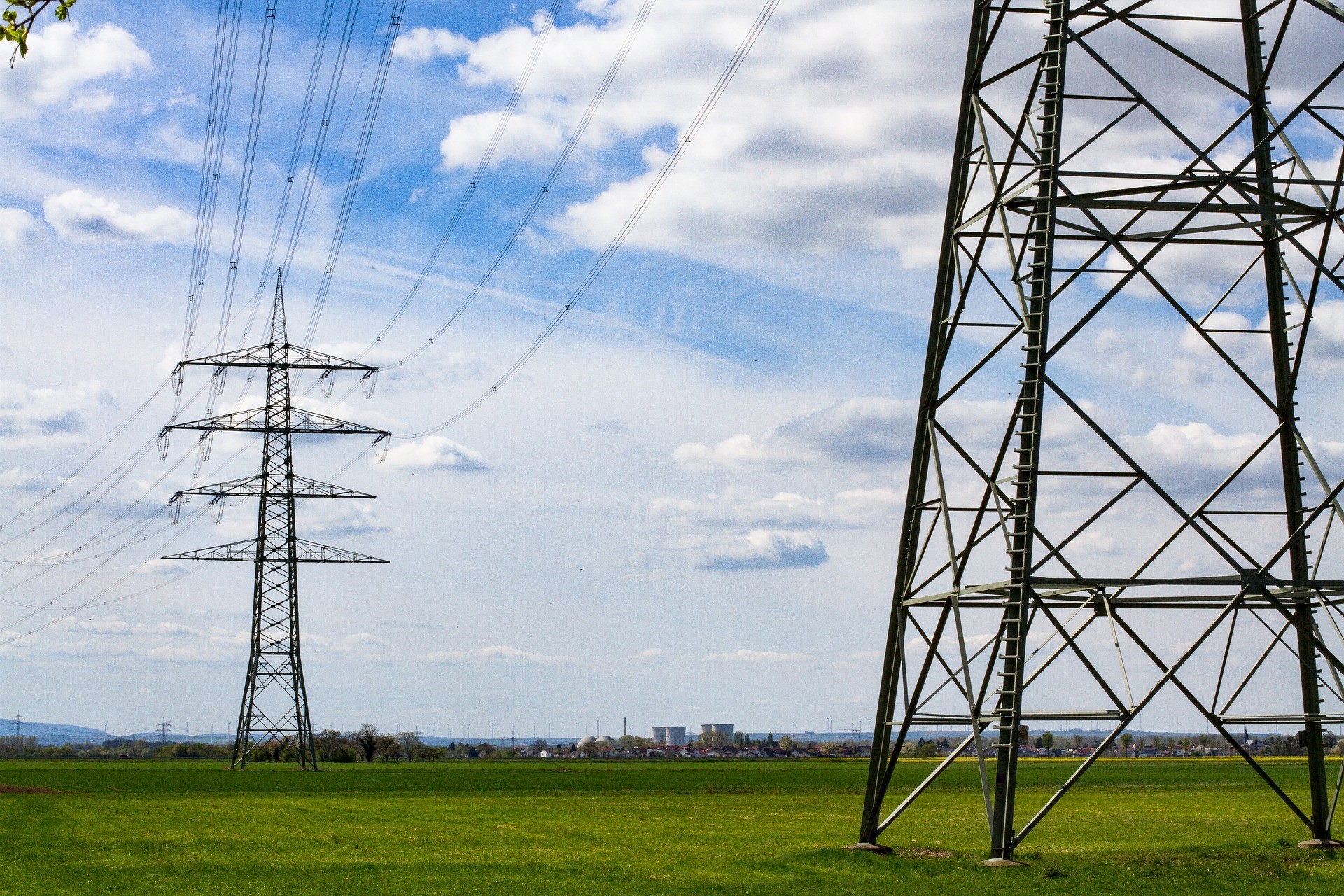The Wide-Angle View
Analyzing the forces shaping global financial markets, from geopolitics to macroeconomics

Powering Growth : Grid- Connected Battery Storage In India
The summer of 2024 has etched its name in history as the hottest ever recorded, with temperatures in parts of northwest India exceeding a staggering 50°C (120°F) during the final week of May. This relentless heatwave drove unprecedented power demand, pushing the nation’s electricity consumption to a record-breaking 250 GW on May 30, 2024. As India continues to experience rising temperatures and more frequent extreme weather events

Analysis of MPERC Tariff Determination Regulations 2021 & Amendments: Stakeholder Impact Analysis Report by Team Eninrac
The Madhya Pradesh Electricity Regulatory Commission (Terms and Conditions for Determination of Tariff for supply and wheeling of Electricity and Methods and Principles for Fixation of Charges) Regulations, 2021 (RG-35 (III) of 2021) and amendments which has been analysed by Team Eninrac to project repercussions on the key stakeholders.

MPERC 2025 Guidelines: Capital Expenditure Insights for Madhya Pradesh Distribution Licensees
Eninrac team has analysed the revised guidelines for capital expenditure by distribution licensees in Madhya Pradesh for 2025, addressing various aspects of planning, approval, implementation, and evaluation. Here's an assessment of the potential repercussions on stakeholders:

Petition No. 11/SM/2024: Analyzing CERC's Order and Its Impact on Renewable Energy Integration
In exercise of the powers conferred by Section 178 of the Electricity Act 2003 (36 of 2003) read with Section 66 thereof and the Guidelines on Import /Export (Cross Border) of Electricity, 2018 issued by the Ministry of Power, Government of India,

CSERC DSM Draft 2024: Implications and Opportunities for Stakeholders in Chhattisgarh's Power Sector
Insight and Implications for Stakeholders: CSERC Draft Regulations on Intra-State Deviation Settlement Mechanism (DSM). Emphasizes penalties and charges based on deviations from scheduled energy transactions. Introduces various categories of sellers (e.g., wind, solar, biomass, and hydro), buyers, and mechanisms for calculating deviations.

2024 CERC Amendment: Key Changes Impacting Commercial & Industrial (C&I) Power Consumers
The amendment to the Central Electricity Regulatory Commission (Deviation Settlement Mechanism and Related Matters) Regulations, 2024, introduces notable changes with implications for the industry, particularly for Commercial and Industrial (C&I) consumers.

Market Drivers for Battery Energy Storage Systems (BESS) in India: Key Influences on C&I Consumers and Discoms
India’s energy sector is undergoing a profound transformation, and Battery Energy Storage Systems (BESS) are at the heart of this shift. With growing pressure on grid reliability, increased penetration of renewable energy, and an evolving landscape for C&I (Commercial & Industrial) consumers, BESS presents itself as a critical solution. Discoms (Distribution Companies) are also key stakeholders, aiming to stabilize the grid, ensure consistent power supply, and enhance profitability.